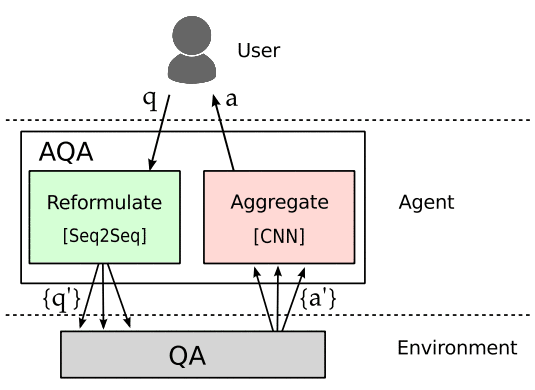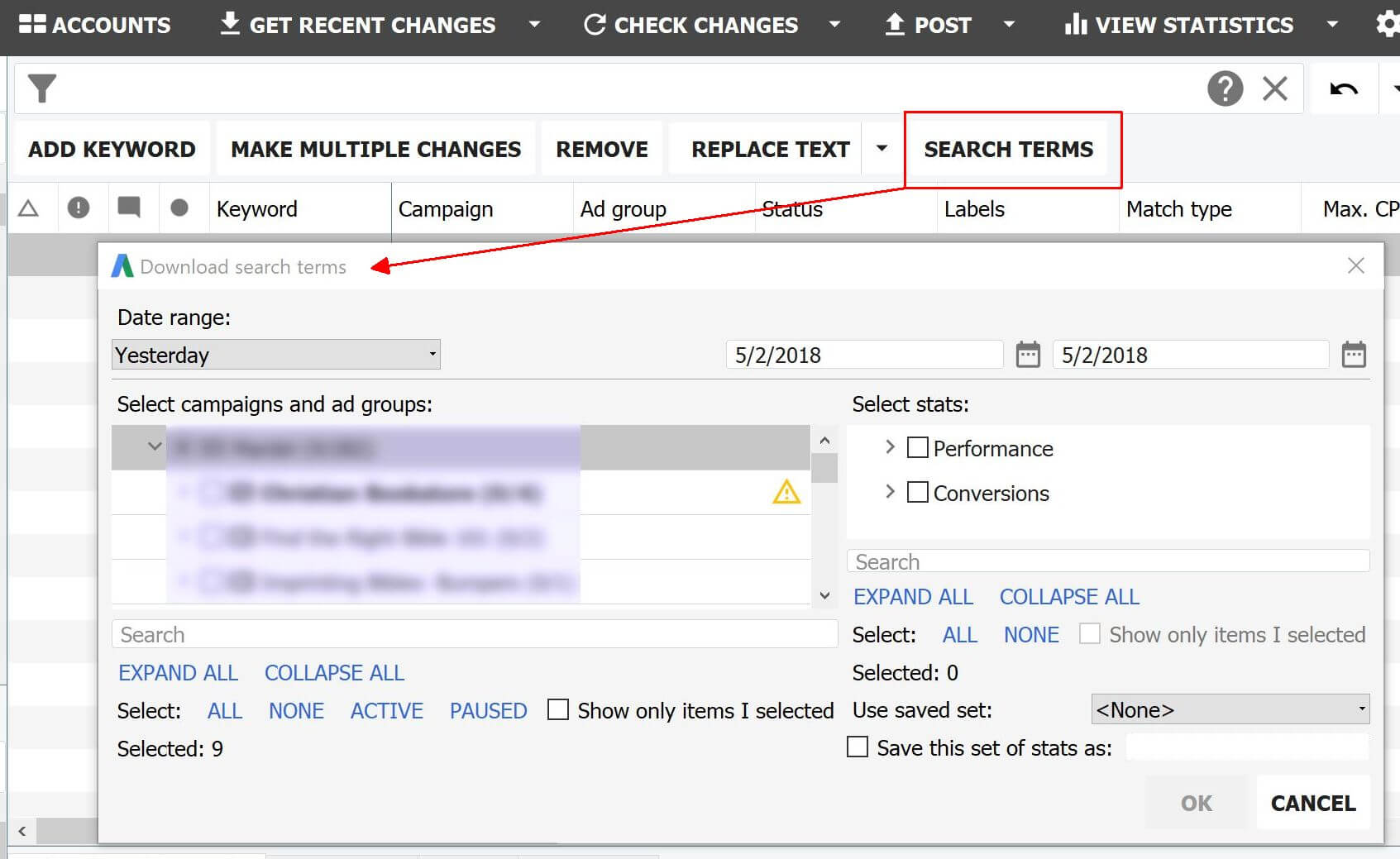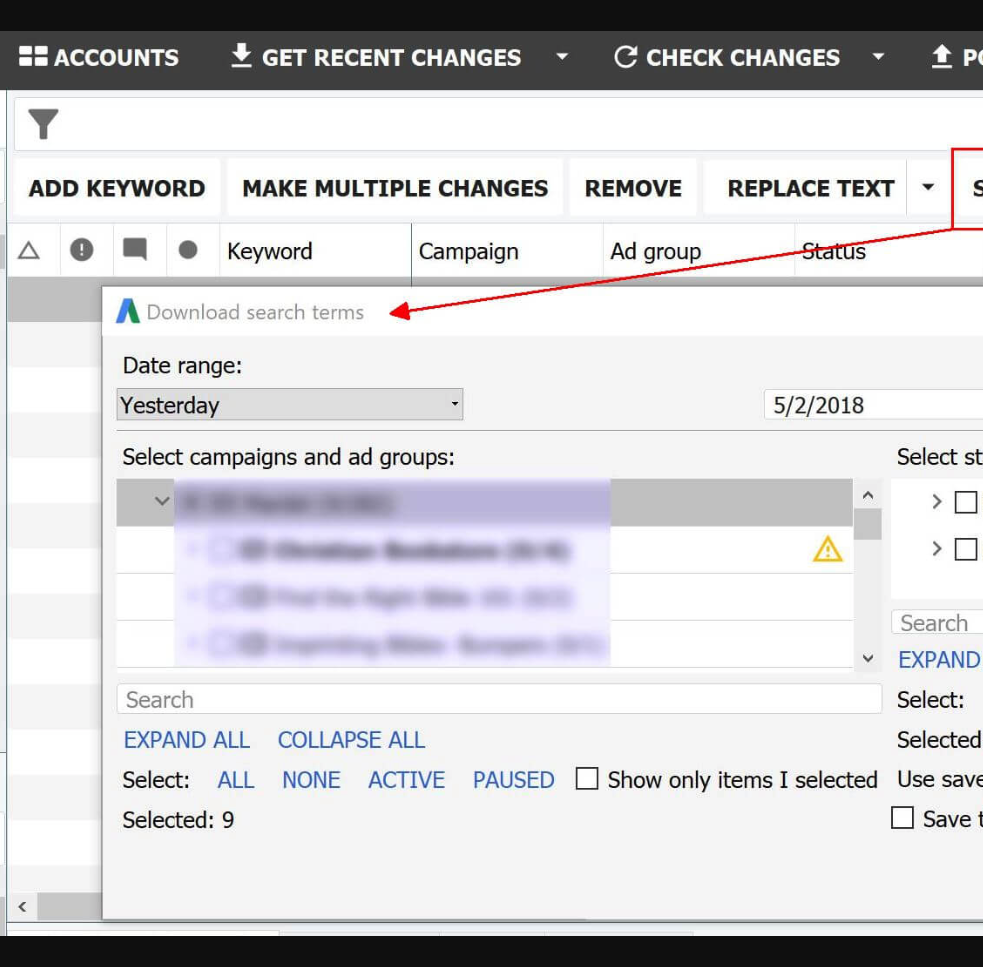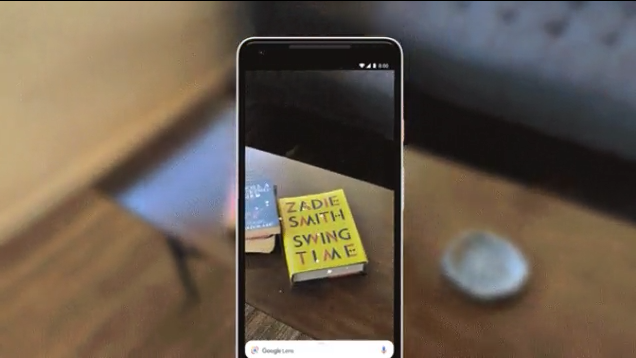Between Cinco de Mayo, the Kentucky Derby, the NBA playoffs, warm weather and “May the fourth be with you,” we reckon you had better things to do this past week than stay up to date with all of the latest content marketing news.
Fear not, though: We got you covered with this week’s edition of The Content Marketing Weekly. Let’s review some of the biggest headlines from the week that was.
Content Marketing and Sales Alignment: Bridging the Gap [New Research]
Dogs vs. cats, Yankees vs. Red Sox, coffee vs. tea and sales vs. marketing? In recent years, the B2B landscape has been littered with contention between sales and marketing teams. Sometimes these different points of view generate a healthy dialogue about what’s best for the prospect. Other times, they just result in communication breakdowns and a whole lot of finger pointing.
Enter content marketing. According to new research from The Content Marketing Institute and LinkedIn, 46 percent of B2B marketers say that that their content marketings efforts and their sales teams are well aligned. Even more telling, 75 percent of organizations that have reported good alignment between marketing and sales say they have a highly documented content marketing strategy.
Learn more about the olive branch that is content marketing, here.
Google Publishes New Algorithm Research
Just when you thought you had Google all figured out, its research team decided to publish a paper about a brand new algorithm that could fundamentally alter how the search engine responds to queries.
The new research, titled “Ask The Right Questions: Active Question Reformulation with Reinforcement Learning” is about, well, reinforcement learning.
It works like this: A user poses a question. The machine learning algorithm then “reformulates” that question into a series of other questions. Various sets of results are returned by the ranking algorithm, at which point the best answer among them is selected. It sort of looks like this:

At its core, the idea of reinforcement algorithms is an attempt to mirror how a human being might reformulate a question several times as they attempt to get an answer. We do it all the time on Google, especially when we’re searching for very specific types of information. In essence, the research is proposing an algorithm that does this before you have to.
In terms of what this means for SEO, reinforcement algorithms certainly shake things up a bit. This is because they sit between the regular ranking algorithm (which is what SEO is geared toward) and the user, and therefore have the final say on what the user will see.
To read more about what this could mean for SERPs going forward, read Roger Montti’s full article on Search Engine Journal, or just check out Google’s research for yourself, available here.
AdWords Editor 12.3 Is Out With More Robust Filtering, Search Query Reports & More
For the first time in six whole months, Google has rolled out an update for AdWords Editor (The search engine’s free tool that simplified management of AdWords advertising campaigns). Among the key updates is a new “Search Terms” tab, shown below. Users can click on the tab to download a report that presents data values pertinent to specific campaigns and ad groups.


Other important features of 12.3 include:
- New filter functions: Perform more granular searches for highly specific queries about your AdWords accounts.
- Account-level extensions: Attach ad extensions at the account level.
Click here to read more about the version 12.3 at Search Engine Land.
Google Assistant Takes Center Stage at I/O, Search Takes a Back Seat
When you think Google, you naturally think “search.” But hopefully you weren’t holding your breath for the latest and greatest about search from Google I/O (aka, Google’s annual developer conference).
Somehow, the company got through a two-hour keynote address on day one of the conference without mentioning search more than two whole times. One of those times was in reference to Google Lens, according to Gizmodo, an extraordinarily intelligent visual search tool for your smartphone.

For example, if you hold your phone up to a dog and say “dog,” Google Lens will tell you what kind of dog you’re looking at and provide additional web materials about that breed. It will also instantaneously search for a word that you hold in the frame.
Otherwise, a lot of the announcements in Google’s lineup (as of this writing) pertained to Google Assistant, including everything from new voices for greater personalization to new service integrations for the “Hey google” voice function.
To read more about Google I/O, click here to navigate to the full Search Engine Land article.
And with that, we wish you a lovely weekend ahead.





